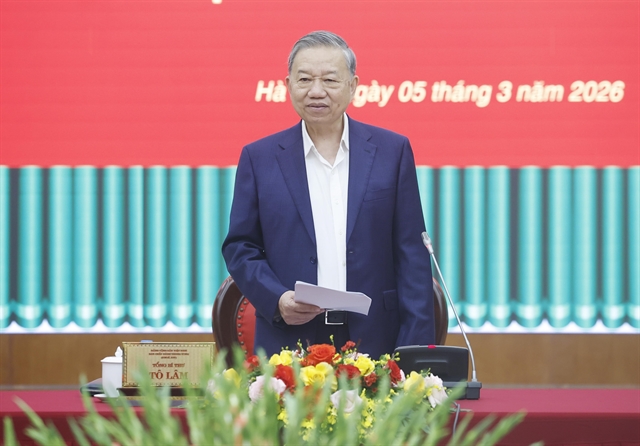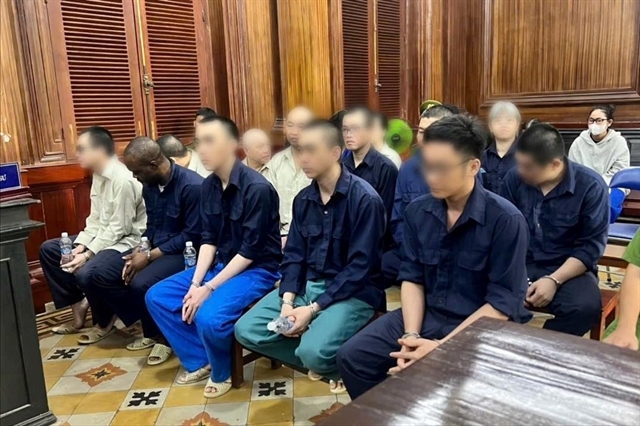 Society
Society
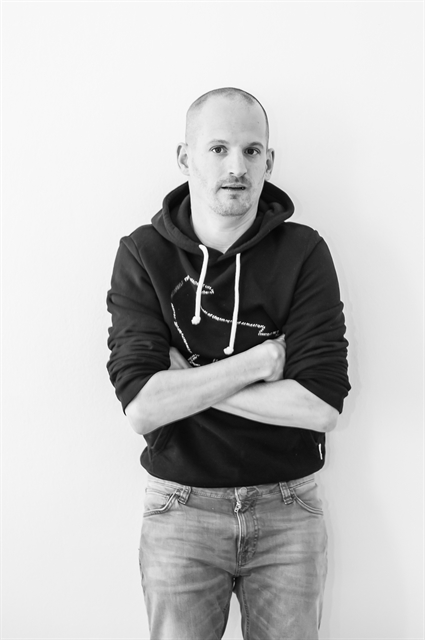
The Department of Immunology laboratory at HCM City's Pasteur Institute is responsible for sequencing the genomes of COVID-19 patients, not only those detected in the city but also in 20 southern provinces.
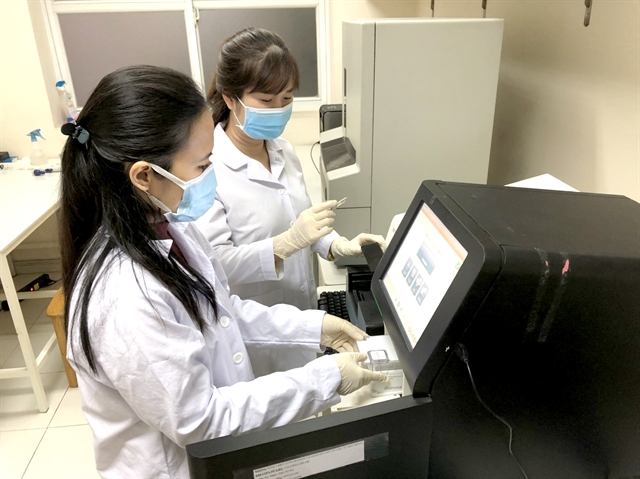
|
| Technicians sequence genomes of COVID-19 patients at the Pasteur Institute of HCM City. Genome sequencing plays a pivotal role in detecting SARS-CoV-2 variants. Photo vietnamnet.vn |
HCM CITY For laboratory technicians at the Pasteur Institute of HCM City, the work doesn’t stop when the sun goes down.
The institute’s Department of Immunology laboratory is responsible for sequencing the genomes of COVID-19 patients, not only those detected in the city but also in 20 southern provinces.
The immense workload means no weekends and no holidays. The technicians work day and night to track SARS-CoV-2 variants and prevent the spread of the pandemic.
“That’s what we do every day,” Phạm Thị Thu Hằng, a lab member, told the online newspaper vietnamnet.vn. “But sometimes when there are cases that require urgent epidemiological investigations, we would work more, even during Tết to get the results as soon as possible.”
There are three task forces working on sample analysis at the institute, with seven technicians in each.
The patients’ genomes are analysed with next-generation sequencing techniques on MiSeq machines by the biotechnology company Illumina.
This allows the technicians to identify what COVID-19 variants are present in an area, as well as their mutations and directions of trait evolution.
The specimens analysed here are mostly from imported cases, and community cases with complicated travel histories. Samples from other provinces are transferred to the institute with a fixed schedule every week.
From here, the first five patients infected with the Omicron variant in the city were detected on December 31, 2021. The city’s authorities have been exercising a higher degree of caution since then.
Two years of fighting the pandemic have enriched the technicians’ experiences. They can now provide genome sequencing and identify virus variants in only three to five working days.
But one of the biggest challenges for the lab is the scarcity of chemical products used in the genome sequencing process, despite supplies from international organisations, said Cao Minh Thắng, deputy head of the institute’s Department of Immunology.
“This is a complicated process that requires specialised equipment and high-cost chemical products,” she said. “Our technicians try their best to not waste any of the materials we have and still meet the demands of fighting the pandemic.”
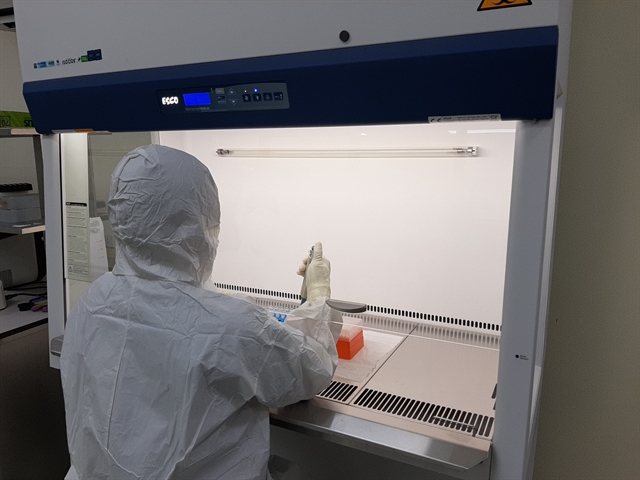
|
| Genome sequencing is a complicated process that requires high skills and high-cost materials. Photo vietnamnet.vn |
The technicians also keep up other parts of their job apart from analysing COVID-19 samples, which include conducting routine testing and scientific research.
“We know our job is needed and useful for the community, so we always encourage and support each other to get the work done,” said technician Hằng.
The city’s vaccine coverage rate is high, and a lot of people have had the third dose. But deputy head of the immunology department Thắng said the work has not stopped for the lab technicians.
“For the Tết holiday, we took turns to work so the samples were analysed on time, but still gave each other some time off to spend with our families,” she said.
The infection rate in the city has dropped, and the patients only express mild symptoms, Thắng added. “But genome sequencing is still essential for identifying virus variants and must be conducted without pause,” she said.
At the moment, all passengers arriving in the city through Tân Sơn Nhất airport are tested on the spot and have their genomes sequenced if positive.
Genome sequencing will be conducted randomly if the number of Omicron cases increase, said the city’s Department of Health. VNS

